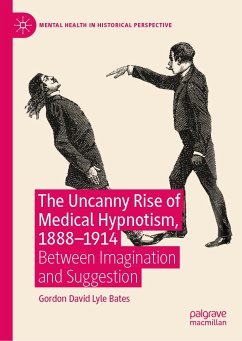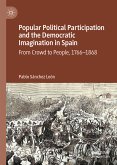This book explores the improbable rise of medical hypnotism in Victorian Britain and its subsequent assimilation and neglect. It follows the careers of the 'New Hypnotists': Charles Lloyd Tuckey, John Milne Bramwell, George Kingsbury and Robert Felkin. This loosely knit group all trained with the Suggestion School of Nancy and published books on hypnotism. They had to confront the many public and medical prejudices against the trance state which had persisted after the scandalous disgrace of John Elliotson and medical mesmerism, fifty years before.
Hypnotism was a highly contested technology and in the 1890s the debates about safety and utility were fought in the national newspapers as well as the medical journals. The new hypnotists took on the might of the medical institutions personified by Ernest Hart, Editor of the British Medical Journal. However their timing was propitious, as the rise of faith-healing forced the medical profession to confront the non-physical therapeutic aspects of the doctor-patient relationship. The hypnotic discourse was shaped by these developments, but also by the fascination of the general public, novelists, occultists, psychic investigators, educationalists and spiritualists in the myriad possibilities of the trance state.
Despite growing interest in the prehistory of British psychology and talking therapies, and the recent challenges to the primacy of Freudian histories, there are few accounts of the development of British 'eclectic therapy'. This book uses the New Hypnotists as a lens to examine Victorian medicine and society, exploring their role in establishing the term 'psychotherapy,' and legitimising medical hypnotism, a precursor of psychological therapies.
Dieser Download kann aus rechtlichen Gründen nur mit Rechnungsadresse in A, B, BG, CY, CZ, D, DK, EW, E, FIN, F, GR, HR, H, IRL, I, LT, L, LR, M, NL, PL, P, R, S, SLO, SK ausgeliefert werden.









